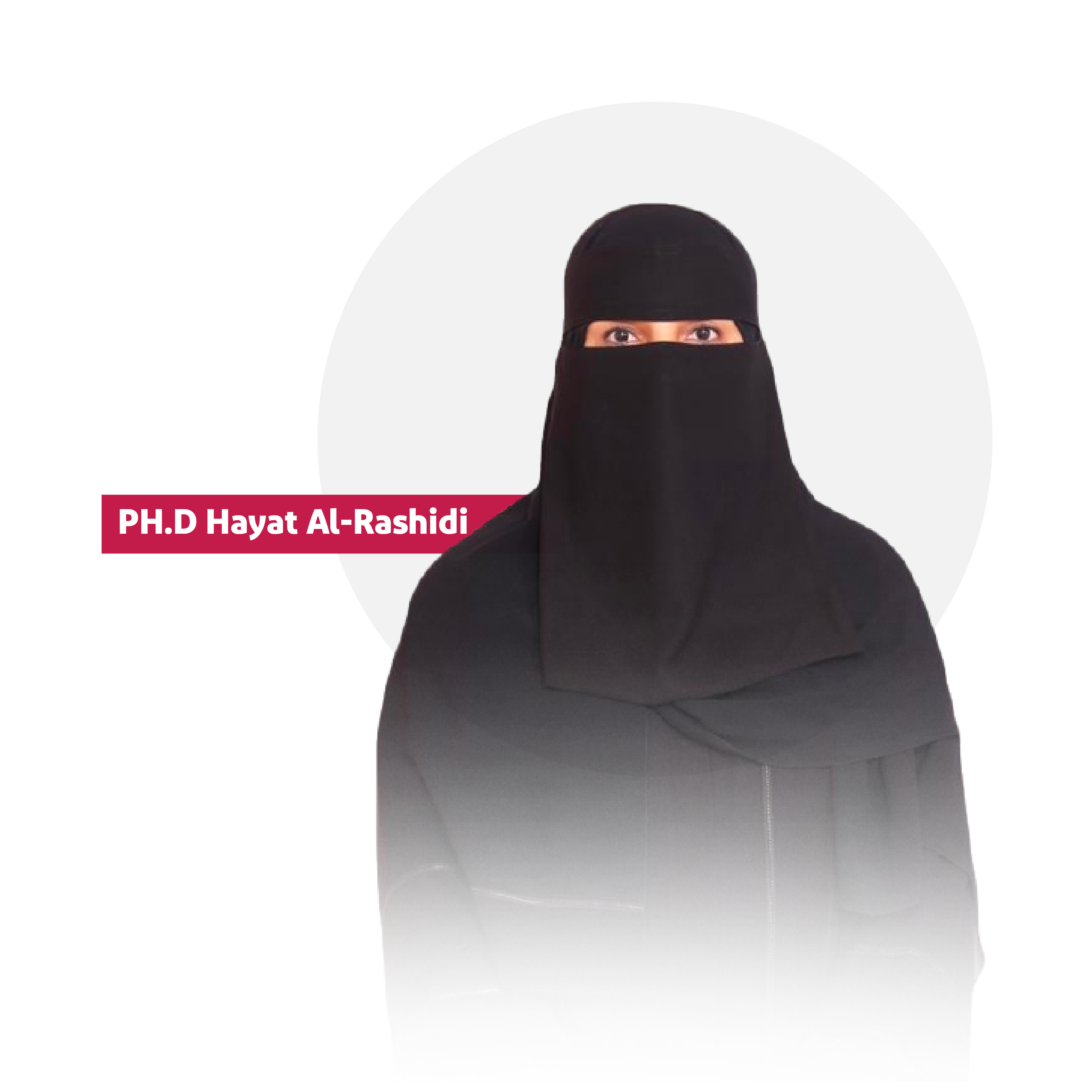
Ibrahim Pasha in Diriyah
Ibrahim Pasha justified not forcibly entering Buraidah to his master, Muhammad Ali Pasha, who taught him bloody dealings, although he could have done so, and according to his opinion, captured its ruler, Hujailan alive in only fifteen days. He says that he preferred not to do so in order to keep his strength for the main goal, which is Diriyah, and then he explained the peace agreement with Hujailan. He took his son a hostage, as an explanation for not sending Hujailan to Egypt, then he mentioned that he sent to Medina asking for the necessary ammunition to move towards Diriyah.
Correspondence and letters continued under the auspices of the Sultanate in Istanbul, including the letter that was sent to Muhammad Ali by his minister in Astana Muhammad Najib on Safar 15 1233 AH / December 25, 1817 AD. In this letter, he tells him that he was preparing an answer to his letter he had sent to him regarding the news of his son Ibrahim’s movements in The Arabian Peninsula, and that he has conveyed it to the Sultan. He tells him that he received his following correspondence on 12 Safar 1233 AH, in which he mentioned Buraidah, and that Abdullah bin Saud went there to take cover in its castle, then turned away from it because he was unable to settle there.
Here is a letter sent in Jumada II 1233 AH/April 8, 1818 AD, in which he mentions receiving Muhammad Ali’s letter to him, where he preached the move of his son Ibrahim from Buraidah and heading towards Shaqra after completing the preparations to ensure the success of his mission, which was to destroy and overthrow the first Saudi state.
The siege of Diriyah continued for months, and the Pasha had chosen the palm trees of Al-Ewaisiyah at the down area of Diriyah as his residence. He distributed his soldiers and mercenaries around the outskirts of the town and between its palm trees and the neighboring villages to work to demolish its walls, forts and any military force. Their presence was nothing but corruption, ruin, and futility accompanied by Tatar behaviors in dealing with the population and seizing food and fodder. That is the least that can be said.
The Pasha directed his artillery towards the neighborhood inhabited by Imam Abdullah bin Saud, and because of the intense shelling, it turned into blocks of fire, which made the Imam take the decision to surrender himself to prevent the bloodshed and destruction that they did. He was taken captive, along with a number of his men to Egypt.
The Egyptian historian Al-Jabarti mentioned in the incidents of 1234 AH, the month of Muharram: When Abdullah Al-Wahhabi (relative to the call) arrived, they took him to the house of Ismail Pasha, son of Muhammad Ali, so he stayed there, and they took him in the morning to the Pasha in Shubra (one of the neighborhoods of Cairo). When he entered, he met him and said to him: Why all this procrastination? The imam said: The war has its ups and downs. How can those who confronted the aggressors be asked such a question? How is their prowess in defense considered as procrastination?
On the 19th of Muharram, the imam traveled to Alexandria with a group of Tatars (this is how some historians described them) to the seat of the Ottoman Empire. Here, Al-Jabarti mentions the incidents of the same year in Jumada I. News reached that when Abdullah bin Saud arrived in Istanbul, they roamed with him in the town and killed him at Humayun Gate (Bāb-i Humāyūn) and killed those who were with him. Those atrocities represent their character. Some travellers mention that when passers ask about the dead and those who are being roamed with, they are told: They are rogues and outlaws, so they should be eliminated. They did not have the courage to reveal the truth of what they did, those who are themselves out of humanity and its characteristics.
In Diriyah, the Pasha devoted himself to committing historical atrocities. For example, but not limited to, among those atrocities were the pursuit of scholars, torturing them in hideous ways, and then killing them. He would strap them to the nozzles of cannons and then shoot them, pull out their teeth, and subject them to humiliating beatings. These atrocities were carried out by monsters who used to do such acts.
Among those who were brutally murdered was Sheikh Suleiman bin Abdullah bin Muhammad bin Abdul Wahhab. The Pasha made him sit in a gathering with musical instruments, knowing that this would harm the sheikh, and then they took him to the cemetery (even the dead were not safe from harm) and ordered his soldiers to fire artillery at the same time, tearing his body.
They arrested all they found of the Al Saud and Al Sheikh, and they were sent to Egypt. Only those who were hidden were spared, including Turki bin Abdullah bin Muhammad bin Saud and his brother Zaid, as well as Sheikh Ali bin Hussein bin Sheikh Muhammad, and they returned during the era of the return of Imam Turki bin Abdullah.
Muhammad Ali Pasha’s orders to his stepson Ibrahim were very atrocious. Those orders were retaliatory, demanding the destruction of Diriyah and ignoring the agreement to spare the blood of the population. The soldiers demolished houses, cut palm trees, destroyed farms, backfilled wells, set fire to homes and mosques, and other atrocities.
The ruins in Diriyah remain proud, witnessing their tyranny and bloodshed. Their actions were to bring about a famine and force the people to abandon their homes and disperse and spread across the land to ensure that the Saudi state and the call would not return again, but they did not understand the nature of this people and thought that they could get rid of them by using the monstrosity of the Tatar force.

